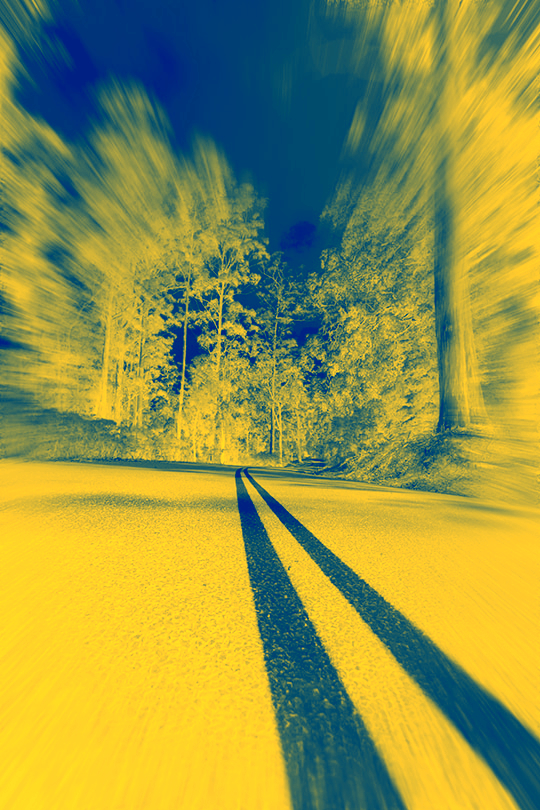Roads watched in Reef check
 Queensland councils want to protect the Great Barrier Reef by monitoring thousands of kilometres of unsealed country roads.
Queensland councils want to protect the Great Barrier Reef by monitoring thousands of kilometres of unsealed country roads.
An estimated average 25mm of road material washes off the top of 38,000km of unsealed roads in the Reef catchment every year.
A new research project has started monitoring unsealed roads and their impact on water quality at test sites in Whitsunday Regional Council and Gladstone Regional Council in a bid to protect the Reef.
Local Government Association of Queensland (LGAQ) CEO Alison Smith says: “Councils – on behalf of their communities - continually demonstrate their commitment to protect the Reef”.
“This research will give us critical information to help advocate for funding to create cleaner road runoff to protect our Reef and better roads for communities,” she said.
Fine sediments like those washed from unsealed roads and drains are one of the three greatest water quality risks to the Reef, reducing light to seagrass beds and inshore coral reefs.
The Cleaner Road Runoff project results are expected to form the basis of guidelines to improve road design and maintenance.
The program is now expanding with the Local Government Association of Queensland securing an additional $1 million of funding from the Great Barrier Reef Foundation (GBRF), extending the research until May 2024 and include another two reef catchment councils.
Councils interested in taking part in the Cleaner Road Runoff project between August 2022 – May 2024 can please complete the expression of interest form by 29 July 2022 here.
The Cleaner Road Runoff Project is funded by the partnership between the Australian Government’s Reef Trust and the Great Barrier Reef Foundation with support from Griffith University, IPWEAQ, Department of Environment and Science, Office of the Great Barrier Reef, Bundaberg Regional Council, Whitsunday Regional Council and Gladstone Regional Council.








 Print
Print